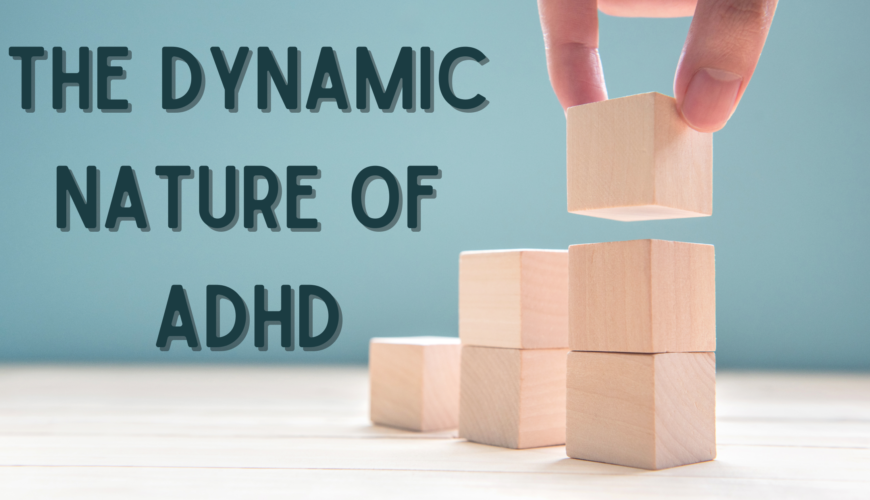Did you know that ADHD is one of the most common child neurodevelopmental disorders? Approximately 9.4% of children in the United States between the ages of 2 and 17 years old have been diagnosed with ADHD[DB1] . Although the emphasis of ADHD is typically on children, it is important to know that ADHD can present itself differently as an individual becomes older for several reasons. Are you aware of how ADHD presents itself in children, teenagers, and adults?
ADHD in Children
ADHD can be difficult to diagnose in children for the very reason that symptoms of ADHD are often confused with typical childhood behavior, such as fidgeting, hyperactivity, and inattention. To diagnose a child with ADHD, a doctor usually takes a history and an inventory of symptoms of the child from parents, teachers, or the individual child. Parent training in behavior management is considered the first line of treatment for young children around 5 years of age. Behavior management is a therapy that involves strengthening positive behaviors to eliminate or reduce unwanted or problematic behaviors.
ADHD in Teens
As an individual matures from childhood to adolescence, ADHD tends to manifest in new ways. Being a teenager with or without ADHD can be challenging due to peer pressure, physical changes, and academic expectations. Puberty can exacerbate symptoms of ADHD. Puberty combined with an increasing workload at school can prove difficult as lack of focus, concentration, and attention are still symptoms of ADHD in the teen years. Another symptom of teenage ADHD is risk-taking behavior and impulsivity, which can be difficult as teens are faced with temptations and increased freedom. To manage ADHD in teens, experts recommend a combination of medication and behavior therapy to ensure that an individual is set up for success in and out of school.
ADHD in Adults
The human brain is able to manage symptoms of ADHD better as it matures and develops, which explains why ADHD is often harder to spot in teens and adults than it is in children. Though an adult may not be running around and fidgeting, they still experience symptoms associated with ADHD. Common symptoms of adult ADHD include poor planning and time management skills, trouble coping with stress, and a hot temper, to name a few. Adulthood comes with a unique set of challenges like juggling a full-time job, paying bills, and maintaining relationships. ADHD can often interfere with daily adult functioning, but proper medication and therapy can help those struggling.
Join a Clinical Trial with Preferred Research Partners
If a child or adolescent in your life has ADHD, consider joining a clinical trial with Preferred Research Partners in Little Rock, Arkansas. You may qualify for treatment at no cost to you and contribute to the advancement of medical research!

